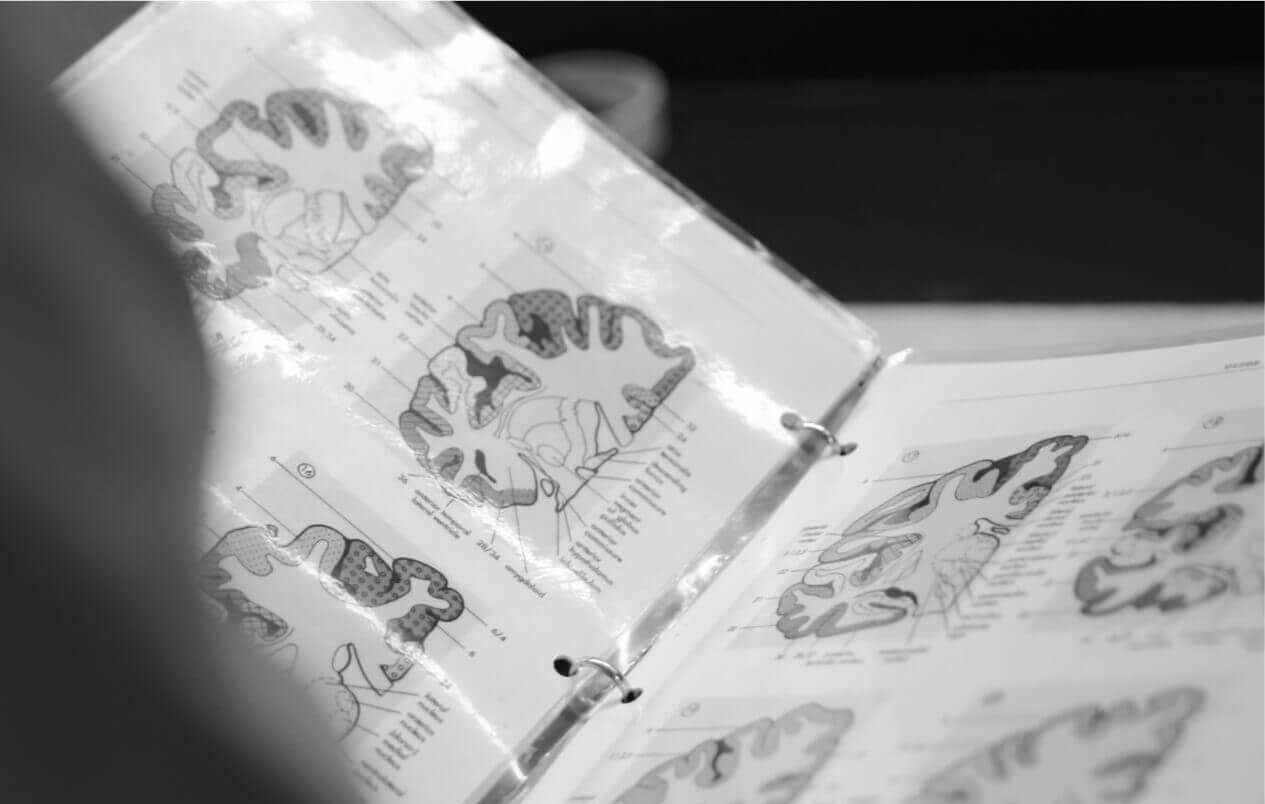Alzheimer’s and Brain Awareness Month
An aging parent presents certain complications in every family. And when that person begins forgetting details, repeating the same questions, or having trouble with simple tasks, a frightening question begins to emerge. When is it normal signs of aging and when is it dementia?
It’s important to know, because dementia, which is a neurodegenerative disease that slowly destroys memory and thinking skills, will be diagnosed more and more frequently in the coming years. Currently, there is no cure. The issue is that as we age, the chances of having a neurologic disorder increase significantly. And since Americans are living longer than ever, it’s easy to see where things are headed.
Dementia is an umbrella category for the largest segment of neurodegenerative diseases. Alzheimer’s Disease (AD) is the most common of these disorders that are often called Alzheimer’s Disease and Related Dementias (ADRDs). It’s estimated that more than six million Americans have AD, and that half of people over 85 years old are living with some form of dementia. One thing’s clear: these disorders will have a larger and larger impact, creating a crushing burden economically, socially, and emotionally on those affected and their families.
Oftentimes the first symptoms that are noticeable are those considered to be common signs of aging – things like not being able to remember why we entered a room or misplacing things. Sometimes appointments are forgotten, or it’s difficult to come up with a word. It happens to all of us as we age. But when these episodes become more frequent, and several of them begin occurring regularly, it’s important to pay attention.
AD, like other dementias is progressive and irreversible. It can last anywhere from just a few years in an older person to 10 years or more when symptoms begin earlier. It’s particularly heartbreaking for family members who see a loved one becoming increasingly confused, then sometimes worried, angry, or violent. It’s not unusual for a patient to stop recognizing those closest. Below are some resources:
Signs of dementia may begin as mild cognitive impairment (MCI) which sometimes develops into AD, but not always. People with MCI are often able to live independently as a more severe form of dementia does not occur. Below are some resources:
- What is Mild Cognitive Impairment?—National Institutes of Health
- What is Mild Cognitive Impairment—Alz.org
Among the other types of dementia are frontotemporal disorders (FTD), which are the most common cause of dementia in people younger than 60. These particular disorders are progressive, but it’s more difficult to predict their course. They affect the frontal and temporal lobes of the brain, which control executive functioning so changes in specific behaviors come first. Often patients initially show signs of having trouble managing finances and other decision making. Or they struggle with thinking through the steps of a task or prioritizing actions and moving from one to another or being aware of errors and taking action to correct them. Some people begin acting inappropriately and behaving in ways that illustrate they’re having difficulty controlling emotional responses. Below are some resources:
Vascular dementia is marked by a decrease in cognitive function and progressive memory loss that usually comes from vascular diseases or injury in the brain. Scans usually show a thickening of blood vessel walls, and that restriction of flow leads to slowed thinking, impaired problem solving and trouble with organization. These are very similar to the symptoms of AD, but the cause is connected to the same risk factors that lead to certain kinds of heart disease, like high blood pressure, high cholesterol and diabetes. Below are some resources:
Abnormal deposits of a certain type of protein, called alpha-synuclein is the hallmark of Lewy Body Dementia (LBD), which changes chemicals in the brain. Those deposits are called Lewy bodies is a disease associated with abnormal deposits of a protein called alpha-synuclein in the brain. These deposits, called Lewy bodies, aren’t immediately detectable in most brain scans, so the diagnosis can’t be confirmed until after death, during a post-mortem examination. It’s marked by personality changes, problems with behavior, mood and movement, sometimes hallucinations and sleep disorders as well as other cognitive issues. LBD can affect several different brain regions and the typical life span of a patient is about six to 8 years from the onset of symptoms. Below are some resources:
Neurodegenerative diseases are particularly devastating to families, who often feel like they’ve lost their loved ones far before their death. We are so grateful for the generosity of families who’ve donated the brains of a loved one with dementia in the hopes that some future family won’t have to suffer as they have. Researchers need critical brain tissue (from brains of those suffering from dementia as well as brains with other disorders and/or healthy brains.) Help science advance diagnoses and treatments for dementia and consider brain donation. Learn more on our FAQ page.



